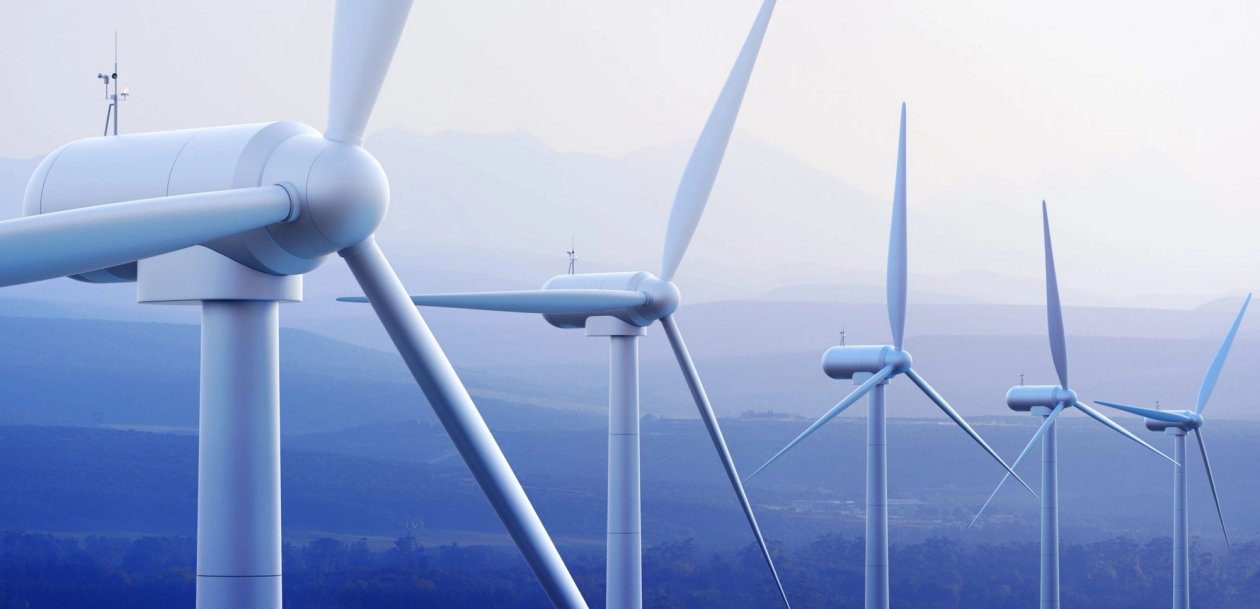Fossil fuel divestment: $4tn reasons to accelerate the transition now
Climate change has been the burning question at Davos 2020 with a raging debate on the speed and nature of transition required to keep global warming under two degrees.
The CEO of Goldman Sachs argued that a multi-decade transition will be required with no plans to “draw a line” by refusing to advise clients that are major polluters.
The CEO of AIG placed an emphasis on backing “good” coal companies that are actively trying to transition to less damaging lines of business.
The CIO of Japan’s Government Pension Investment Fund took a stronger stance. He insisted that it was beholden on companies to take a tough line on climate risks and other ESG issues now, since failure to do so would betray future generations.
Adding fuel to the fire, Refinitiv data scientists crunched the numbers on what a $75 per tonne global carbon tax – the level that IMF officials told Davos delegates is needed to meet the less than 2 degree goal. The estimated bill: $4tn.
While the COP25 summit failed to agree a global standard on carbon taxes, Refinitiv concluded that it is only a matter of time before one emerges.
The European Investment Bank’s recent move to stop funding fossil fuel companies after 2021 has also focused minds.
Announcing the decision, Andrew McDowell, the EIB’s vice-president for energy, highlighted that from both a policy and investment perspective, “it makes no sense for us to continue to invest in 20-25-year assets that are going to be taken over by new technologies and do not deliver on the EU’s very ambitious climate and energy targets”.
This sweeps aside the fact that oil and gas demand has yet to peak.
It also injects a new urgency into the global energy transition, one led by sound investment principles as much as environmental concerns.
Put simply, the financial risk of fossil fuels – coal, oil and gas – becoming stranded assets, could now trump the potential for short-term peak returns from an investment fiduciary duty perspective due to potential future losses.
When considered alongside the rise of ESG – Environment, Social and Governance – as three central factors in measuring the sustainability and ethical impact of an investment in a company and determining future financial performance (risk and return), the direction of travel is clear. Clean energy is a key route forward.
With a clear focus and mandate on investment in renewable energy at scale to mitigate climate change, Low Carbon needs no convincing.
As both an investor and asset manager, Low Carbon is committed to best practice stewardship to increase the pool of green capital available and to ensure all projects are managed in line with best-practice international standards to maximise their performance and environmental benefit.
More recently our work to create a positive environment for sustainable investment by working with companies to invest in renewable energy assets at scale – is reflective of the need to work collaboratively to drive change.
It is not just down to business, however. Consumer activism is also a key driver.
Reflecting the Japan Government Pension Investment Fund CIO’s sentiment, there has been a groundswell of support for sustainable pension investment strategies in the UK.
Only recently, protestors called on Camden and Haringey councils to divest their pension funds of fossil fuel investments and local campaigners and trade unionists from across Yorkshire gathered to protest against the West Yorkshire Pension Fund’s involvement in coal, oil and gas companies.
This carbon divestment wave has even entered the House of Commons with 330 MPs from across the political spectrum signing the Divest Parliament Pledge last year, encouraging the £700 million Parliamentary Pension Fund to move away from carbon-intensive industries towards more responsible investment. It is expected a decision on this will be made shortly.
Here at Low Carbon, we have been arguing that green investing is not only the right thing to do for the planet – it makes complete economic sense too. The need for an energy transition to combat climate change is no longer a question of if but when. We are proud to play our part.

